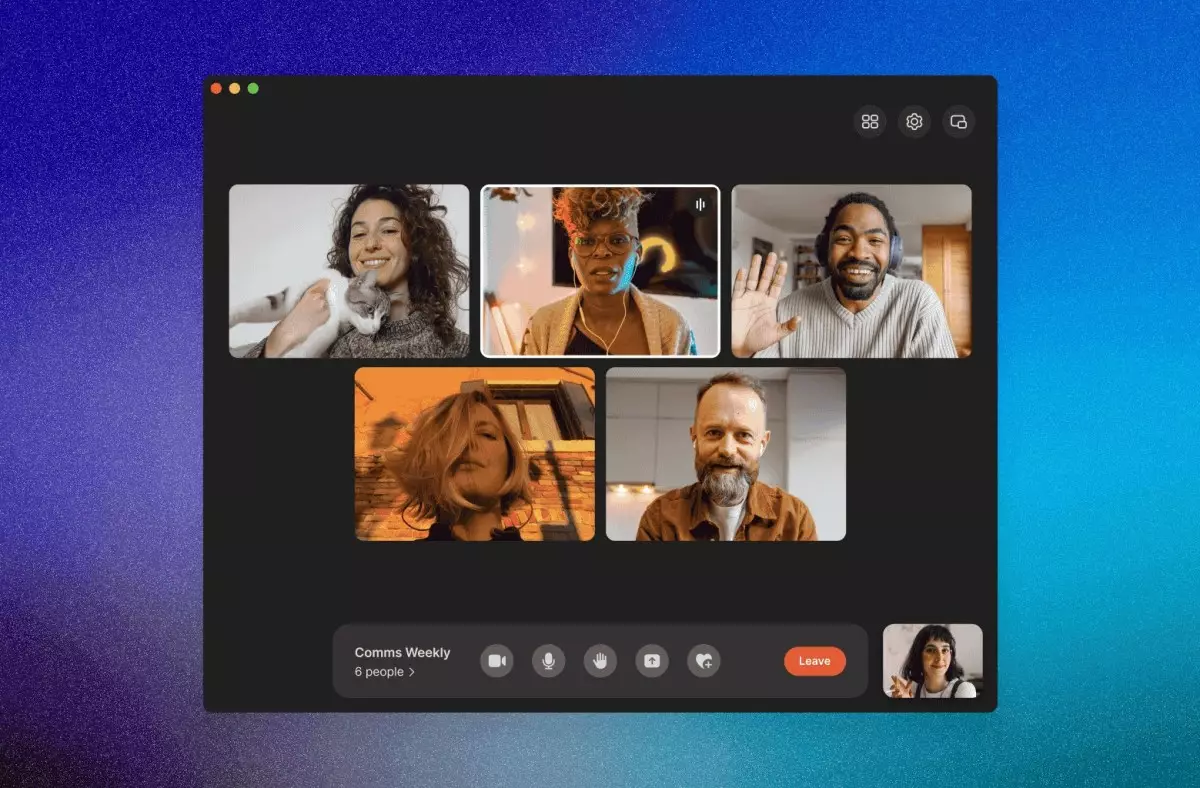Signal, renowned for its unwavering commitment to privacy and security, is taking significant strides in the realm of video calls. With the introduction of several new features designed to elevate user experience, Signal is positioning itself as a notable alternative to popular platforms such as Zoom, Google Meet, and Microsoft Teams. This move is crucial as virtual communication becomes the standard for both personal and professional interactions.
One of the standout features in this latest update is the introduction of the “Calls” tab, which centralizes video call management. This tab allows users to initiate new calls seamlessly, manage call links, and notate their call history. Rather than the traditional method of organizing a group chat, users can now generate reusable call links. This innovation simplifies the meeting setup process, making it akin to how established video conferencing platforms operate.
Moreover, the ability to name calls and exercise robust management controls, such as allowing or denying entry to participants and the option to remove or block users, enhances the overall efficiency of organizing meetings. This is particularly relevant for larger gatherings, where maintaining order is imperative.
Signal is not merely following trends but is also integrating advanced functionalities to improve user interaction during calls. Introducing a hand-raising feature allows participants to queue their questions, fostering a more organized and engaging dialogue. This function mirrors functionalities seen in platforms like Google Meet, promoting an environment where all voices can be heard without chaos.
For those using Signal’s desktop application, the flexibility to switch between grid, sidebar, and speaker views enhances the viewing experience, allowing users to choose their preferred layout depending on the conversation dynamics or the size of the group involved.
Despite these enhancements, Signal is entering a competitive landscape. WhatsApp has already made significant advancements, including a similar link-sharing feature and larger calling capabilities. With these developments, companies like Zoom and Microsoft Teams continue to dominate the video conferencing space. Signal’s unique proposition of privacy in an era fraught with data breaches and surveillance sets it apart but begs the question: can enhanced features alone attract users away from these more established platforms?
As remote work and virtual socializing have become integral parts of our daily lives, the demand for secure and reliable video call options has never been greater. Signal’s leadership acknowledges this shift in communication norms and aims to retain its core essence of providing a private meeting space. This focus is fundamental not just for retention of current users but for attracting new ones as well.
As these features roll out to iOS, Android, and desktop users, the true test of Signal’s capabilities will come with user adoption and feedback. With a foundation built on privacy and security, and new features aiming to enhance usability, Signal’s journey into the competitive video calling landscape is one to watch. Will users embrace this alternative, or will convenience trump privacy in the long run? The implications of this transition could significantly shape the future of digital communication.

